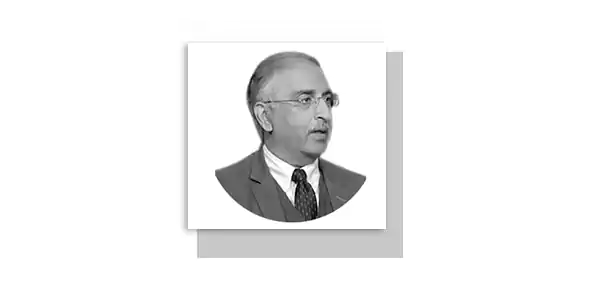The Abu Dhabi Investment Authority (ADIA), owned and managed by the Emirate of Abu Dhabi, oversees the surplus oil reserves of the Emirate and boasts a management portfolio of $853 billion. The Public Investment Fund (PIF) is Saudi Arabia’s sovereign wealth fund. Its global standing is profound, ranking it among the most substantial sovereign wealth funds globally, with total estimated assets reaching an impressive $776 billion. Not to be outdone, the Qatar Investment Authority (QIA) serves as Qatar’s own sovereign wealth fund. Recent data from July 2023 pegs the QIA’s assets under management at $461 billion.
Abu Dhabi and Saudi Arabia are both focusing on diversifying their economies to reduce their reliance on oil revenue. Abu Dhabi and Saudi Arabia have invested billions into renewable energy sources, particularly solar energy. Qatar, one of the largest exporters of liquefied natural gas (LNG), is also investing billions to diversify its economy. All three countries are aiming to create more diversified and sustainable economies to ensure long-term growth and stability beyond their reliance on oil and gas revenues.
Pakistan’s Reko Diq stands as a repository of some of the most extensive copper and gold reserves globally. Its estimated reserves encompass a staggering 5.9 billion tonnes of ore, coupled with gold reserves totaling 41.5 million ounces. These substantial resources contribute to a projected mining lifespan of a minimum of 40 years.
Copper is an excellent conductor of electricity, which is crucial for many modern technologies, including electrical wiring, electronics, renewable energy systems (solar panels, wind turbines), and electric vehicles. As the world continues to move toward greater electrification and sustainable energy solutions, copper’s role in these technologies is likely to remain significant.
Copper is also a good conductor of heat. It’s used in various cooling systems, such as in computer components, air conditioning, and industrial machinery. As the demand for efficient
heat dissipation in electronics and industrial processes grows, copper stands to maintain its importance.
Copper has inherent antimicrobial properties, which make it useful in healthcare settings to reduce the spread of infections. As we focus more on hygiene and infection control, copper could see increased use in hospitals and other healthcare environments.
Copper is used in high-speed data transmission cables, such as Ethernet cables. As data demands continue to grow, the need for reliable and high-speed data transmission could sustain copper’s importance in communication systems. Copper is a vital component in electric vehicle (EV) charging systems and could see increased demand as the adoption of electric vehicles expands.
In addition to copper, Pakistan possesses verified reserves of coal, uranium, iron, salt, lead-zinc, barite, antimony, chromite, magnesite, fluorite, celestite, gypsum, vermiculite, sulfur, mercury, meteorite, phosphate, and silica sand, cumulatively valued at approximately $6 trillion.
The Abu Dhabi Investment Authority, the Public Investment Fund, and the Qatar Investment Authority are actively seeking avenues to invest their billions, aiming to reduce their heavy reliance on oil and gas. Pakistan has the potential to position itself as a prime investment hub by implementing these five crucial measures: establishing a secure political climate, enhancing security, spotlighting enticing investment prospects, streamlining investment regulations, and entering into investment protection agreements.










